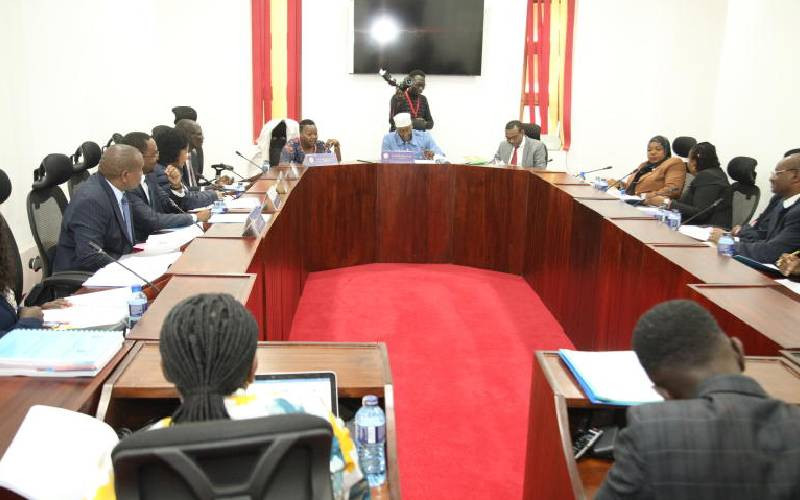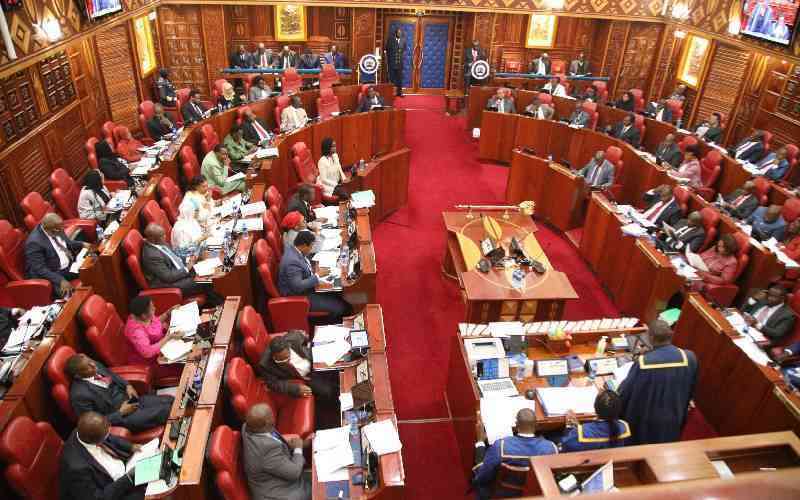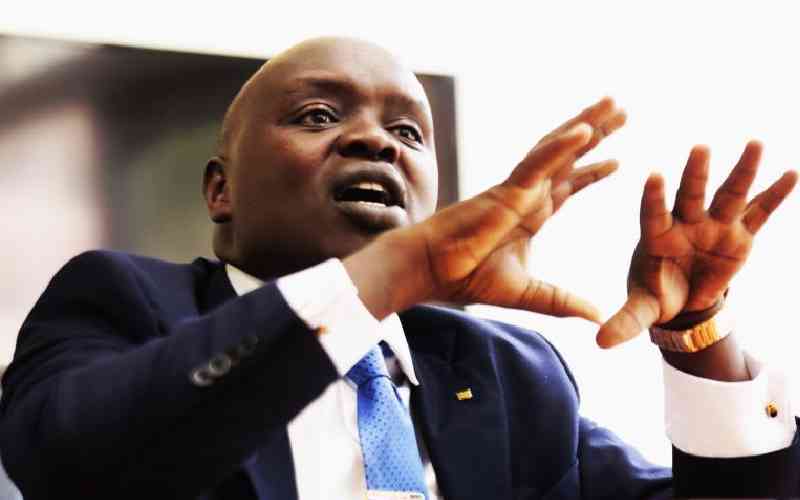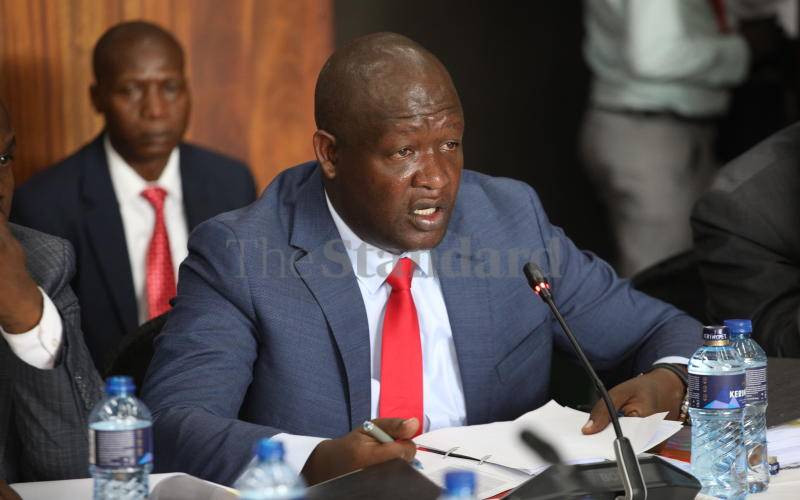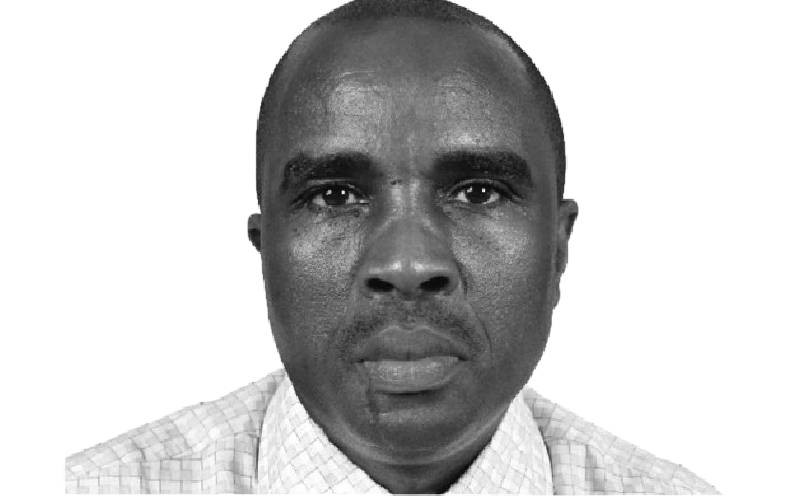
The conversation on extending the terms of the elected officers has commenced again. Introduced through a constitutional amendment Bill by Nandi Senator Samson Cherargai, it seeks to amend Articles 101, 136 and 180 inter alia to increase the terms at the national and county legislatures, and the gubernatorial and presidential terms from the current 5 to 7 years.
Among the justifications for the proposal is that two years are lost within each electoral cycle, the first year as leaders settle down with some battling election petitions, and the last one as they resort to campaigning. This justification is not without merit, more so for those in their first term as executives.
Governors and presidents elected for the first time spend at least one of their five years getting their administrations and the extensive legal and institutional infrastructure to implement their agenda in place. Despite having been Deputy President for 10 years, President Ruto has spent more than one year getting Parliament to pass numerous changes in the law to implement his proposed reforms in the finance, health, and housing sectors. One must contend with the judicial challenges which can delay implementation for years. Indeed, some of President Ruto’s proposals remain hostage to the court process. This scenario plays out in a similar mode at the counties.
It takes the average new governor the better part of one year to get their Cabinet members and chief officers appointed, yet without these officers they cannot commence operations. I am aware of several governors whose officers are still going through contested court processes as their second year heads to an end.
I am not sure I understand why Members of Parliament and Members of County Assemblies require an extended term. Their learning curve is simpler as the institutional infrastructure required for their operations is much easier to put in place. This issue is not new.
In the debates on the term of executives before the enactment of the Constitution, there were strong views on the need for a longer term. Other than the “time for settling” argument, it was argued that having different terms between legislatures and executives would also stagger elections so that we would not have all elections at one go and an executive coming into office would meet an already functioning legislature. This proposal was soundly defeated as it will be if the Cherargai Bill survives Parliament and heads to a referendum, a requirement under Article 255 for any Bill seeking to extend the term of the President.
In Kenya’s short history with democracy, the five-year term has settled in the citizen’s psyche. For most Kenyans, they are willing to endure the cost of their mistake for five years if they elect the wrong leader, not 7. In any event, they feel that if a leader performs well in their first five-year term, they will be accorded a fresh term of five years where the deficiencies of their first term will not be in play. They can then deliver.
The five-year “extendable” term is therefore an opportunity to vet their electees and the decide whether they deserve another opportunity. Seeking to increase this “vetting” term will be thrown out by the electorate.
Furthermore, Kenyans believe that the challenges identified by supporters of an extended term are self-inflicted. Better pre-election planning and better management of politics can reduce the “time for settling” drastically.
In democracies like America, the term is even shorter, and yet consequential presidents like Barack Obama were able to implement far-reaching policy decisions like Obamacare within their first term, despite being newbies on Pennsylvania Avenue.
In any case, the greatest challenge of our democracy is no longer terms for our elected leaders but a more dedicated commitment to public service within the term they are in office, however short. Unfortunately, this is not a matter that a change in the law can make.
Indeed, our greater challenge as a democracy is a more stable public service and its insulation from the vagaries of politics, however unstable. The latter has more implications for the public welfare than more politicians serving for longer seasons.
Let the longer season be the result of a successful first term, not an entitlement that benefits even the grossly underserving leaders.
Stay informed. Subscribe to our newsletter
 The Standard Group Plc is a
multi-media organization with investments in media platforms spanning newspaper
print operations, television, radio broadcasting, digital and online services. The
Standard Group is recognized as a leading multi-media house in Kenya with a key
influence in matters of national and international interest.
The Standard Group Plc is a
multi-media organization with investments in media platforms spanning newspaper
print operations, television, radio broadcasting, digital and online services. The
Standard Group is recognized as a leading multi-media house in Kenya with a key
influence in matters of national and international interest.
 The Standard Group Plc is a
multi-media organization with investments in media platforms spanning newspaper
print operations, television, radio broadcasting, digital and online services. The
Standard Group is recognized as a leading multi-media house in Kenya with a key
influence in matters of national and international interest.
The Standard Group Plc is a
multi-media organization with investments in media platforms spanning newspaper
print operations, television, radio broadcasting, digital and online services. The
Standard Group is recognized as a leading multi-media house in Kenya with a key
influence in matters of national and international interest.


